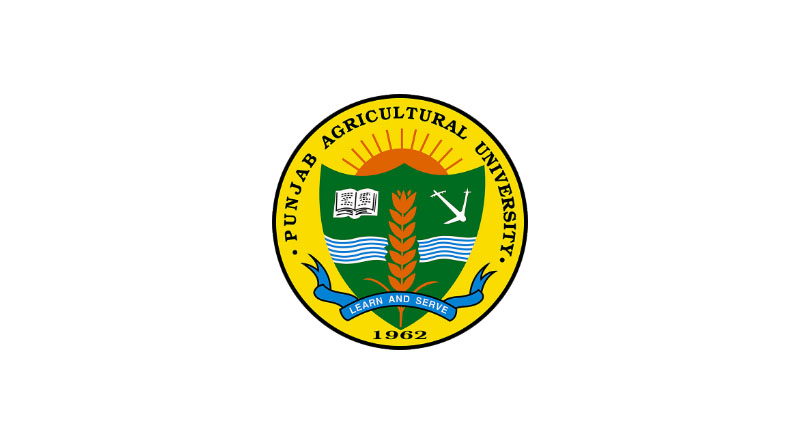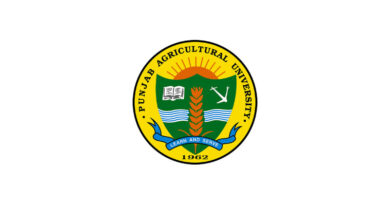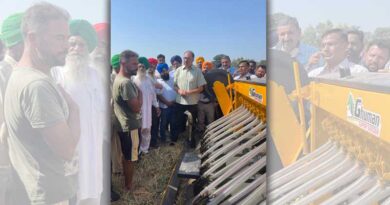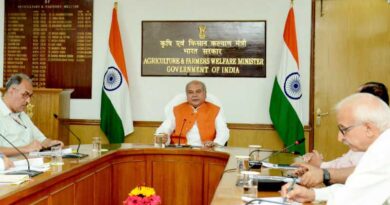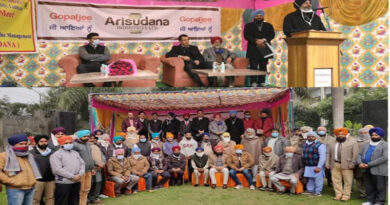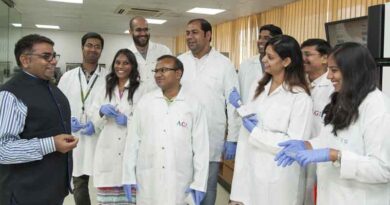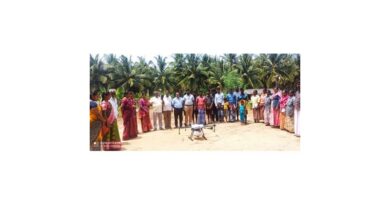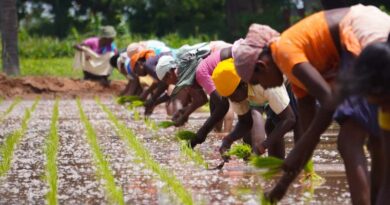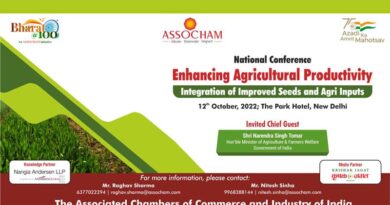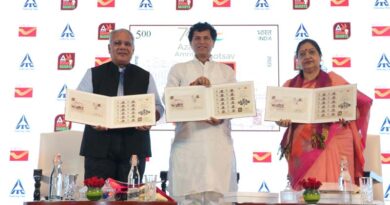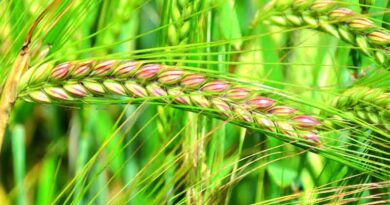Government-led workshop at PAU addresses paddy straw management with key stakeholders
10 June 2023, Punjab: A Workshop on ‘Paddy Straw Management and Action Plans’ commenced at Punjab Agricultural University Ludhiana, with the support of the Ministry of Agriculture and Farmers’ Welfare, Government of India, as well as the state of Punjab. Invitees included senior officers from relevant departments in the Central Government, State Governments of Punjab, Haryana, Uttar Pradesh, and NCR of Delhi, State Pollution Control Boards, Indian Council of Agricultural Research, academia, various stakeholder agencies, farmers, social groups and NGOs, agricultural machinery manufacturing industries, and biomass industry associations.
The Chief Guest, Shri K.A.P. Sinha (IAS), Additional Chief Secretary of the Ministry of Agriculture and Farmers’ Welfare in the Government of Punjab, highlighted the significance of farming by quoting, “Once in your life you need a doctor, lawyer, policeman, or preacher but every day — three times a day — you need a farmer.” He acknowledged the desire to eliminate the practice of paddy straw burning but identified obstacles hindering progress. These included the large amount of paddy residue and the limited timeframe for sowing wheat. To address these challenges, he proposed increasing baler capacity, deploying more machinery in high burning areas, involving cooperative societies to support SC beneficiaries, and replicating successful initiatives. He expressed his hope for no-burn agriculture to become the norm by the following year.
Stating that everyone must shoulder the responsibility of preventing environmental contamination and sustaining clean air, Dr Satbir Singh Gosal, PAU Vice-Chancellor, cautioned that stubble burning emits toxic pollutants which disperse in the surroundings and, eventually, affect the air quality and people’s health by forming a thick blanket of smog. The heat generated due to farm fires penetrates into the soil, causing nutrient deficiency as well as loss of useful microbes and moisture leading to infertile soil and vulnerable crops, he explained. He advocated the concept of conservation agriculture which up-cycles paddy straw without producing any waste. He called for synergy among the Department of Agriculture, NGOs, academia, industry and farmers to tackle the menace of paddy straw burning.
Smt. S. Rukmani, Joint Secretary of the Department of Agriculture and Farmers’ Welfare, GoI, informed about the implementation of a Central Sector Scheme to support Punjab, Haryana, Uttar Pradesh, and NCR of Delhi in addressing air pollution and subsidizing machinery for crop residue management. The scheme provides financial assistance of 50% for farmers to purchase designated machinery and 80% for Cooperative Societies, Farmers Producers Organization (FPOs), and Panchayats to establish Custom Hiring Centres (CHCs). Smt. Rukmani revealed a reduction of 30-40% in paddy straw burning since last year and emphasized the workshop’s goal of creating a value-chain plan to utilize paddy straw as a resource and minimize losses for farmers.
Shri Arvind Nautiyal, Member Secretary of the Commission for Air Quality Management (CAQM), New Delhi, underlined the detrimental effects of air pollution on the environment, climate, and human health. He elaborated that burning one ton of paddy straw produces 3kg of particulate matter, 60kg of carbon monoxide, 1460kg of carbon dioxide, 2kg of sulphur dioxide, and 199kg of ash. This not only leads to soil nutrient loss but also negatively affects temperature, pH, moisture, and organic matter. Shri Nautiyal recommended measures such as crop diversification, the DSR method, and promoting basmati varieties as well as short-duration and long straw-generating varieties. He suggested ex-situ management through strategic mapping of villages, establishing briquetting/pelleting plants at strategic locations, and developing a supply chain for utilizing straw as fuel in various industries and for biomass power generation, compressed biogas production, bio-ethanol, packaging material, and more.
Delving into PAU’s initiatives in crop residue management, Dr. Ajmer Singh Dhatt, PAU’s Director Research, sensitized the gathering about the ill effects of stubble burning, its alternative methods, and the efforts being made by PAU to tackle the same. He enumerated various machines like Happy Seeder and Super Seeder as well as technologies for ex-situ and in-situ straw management. Dr. Dhatt underscored the value of paddy straw as a nutrient-rich resource for improving soil properties. He specifically mentioned the Surface Seeding-cum-Mulching Technology, which prevents lodging, reduces irrigation, herbicidal spray, and weed infestation. He encouraged farmers to adopt this cost-effective, eco-friendly, and water-efficient method to enhance soil health, crop output, and overall yield while reducing input costs.
Dr Gurvinder Singh, Director Agriculture and Farmers’ Welfare, Punjab talked about the state’s paddy straw management strategies and action plans for 2023 season. Earlier, Dr Gurmeet Singh Buttar, Director Extension of PAU delivered the welcome address while Dr G P S Sodhi, Additional Director of Extension Education proposed the vote of thanks. Dr Vishal Bector, Associate Director (Institution Relations) coordinated the programme.
Also Read: Dhanuka Agritech further strengthens its herbicide portfolio with two new selective herbicides
(For Latest Agriculture News & Updates, follow Krishak Jagat on Google News)

